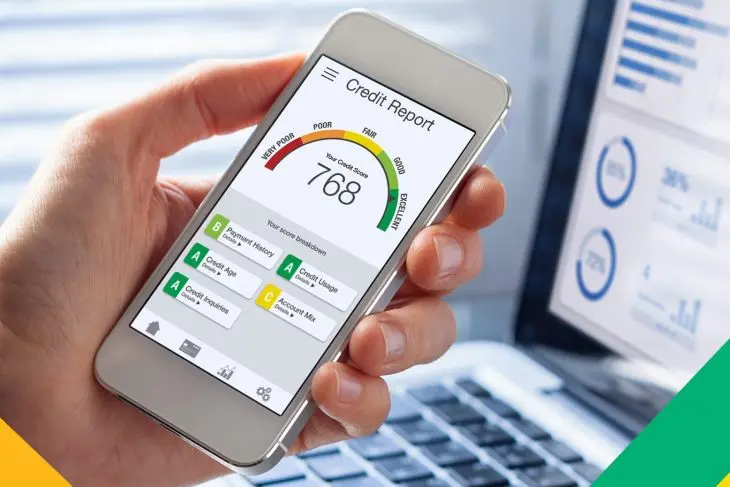Separating Fact from Fiction to Better Understand Your Financial Standing
Your credit score is a critical part of your financial life, but it’s also one of the most misunderstood. With so much misinformation floating around, it’s easy to fall for myths that can actually hurt your credit rather than help it.
In this article, we’ll debunk the most common credit score myths and reveal the real truth behind them – so you can make smarter financial decisions with confidence.
Myth #1: Checking Your Own Credit Score Will Hurt It
The Truth:
No, it won’t. When you check your own credit, it’s called a soft inquiry, and it has zero impact on your credit score.
Only hard inquiries – like when a lender checks your credit for a loan or credit card application—can affect your score, and even then, the impact is usually minimal and short-lived.
Why it matters: Regularly checking your credit can help you spot errors, track your progress, and catch fraud early.
Myth #2: You Need to Carry a Balance to Build Credit
The Truth:
Not true. You don’t need to carry a balance or pay interest to build credit. In fact, the best thing you can do is pay off your balance in full each month.
What really helps your score is using your credit and making on-time payments – not racking up debt.
Why it matters: Carrying a balance can lead to unnecessary interest charges and increase your credit utilization ratio, which can hurt your score.
Myth #3: Closing a Credit Card Will Boost Your Score
The Truth:
Closing a credit card can actually hurt your score, especially if it’s an older card with a high credit limit.
Why? Because it shortens your credit history and increases your credit utilization ratio by reducing your total available credit.
What to do instead: If the card has no annual fee, consider keeping it open and using it occasionally to keep it active.
Myth #4: You Only Have One Credit Score
You actually have many credit scores, not just one. Different credit bureaus (Equifax, Experian, and TransUnion) collect different data, and there are various scoring models like FICO and VantageScore.
Each lender might see a different version depending on which model they use and when they pull your credit report.
Why it matters: Don’t panic if your score differs across platforms – it’s completely normal. Focus on general trends rather than obsessing over a single number.
Myth #5: Paying Off Debt Erases It from Your Credit Report
The Truth:
Paying off a debt doesn’t make it vanish – it stays on your report for up to seven years (for negative accounts) or ten years (for positive accounts like paid-off loans).
But here’s the good news: paid debt looks better to lenders than unpaid debt and can improve your credit profile over time.
Why it matters: Be patient. Responsible behavior now leads to long-term credit improvement.
Myth #6: Your Income Affects Your Credit Score
The Truth:
Your income is not part of your credit score. Credit scores are based solely on your credit behavior—not how much money you make.
However, lenders do consider your income when assessing your ability to repay loans, especially for mortgages and large credit lines.
Bottom line: Focus on maintaining good credit habits – like timely payments and low balances – regardless of income level.
Myth #7: Using Debit Cards Helps Build Credit
The Truth:
Debit cards are linked to your bank account, not your credit. So, using them – even responsibly – doesn’t affect your credit score.
Only activity reported to the credit bureaus (like credit cards, loans, or lines of credit) will impact your score.
What to do instead: Use a credit card wisely, or try a secured credit card if you’re just starting out.
Credit can be confusing, but falling for myths can lead to poor decisions, unnecessary stress, and missed opportunities.
By separating fact from fiction, you’ll gain more control over your finances and put yourself on the path to stronger credit health.
Remember:
- Check your credit often – it’s smart, not risky.
- Pay off your balances – don’t carry them.
- Keep older credit lines open if you can.
- Build credit with responsible use, not myths.
Stay informed, stay empowered – and build the credit profile you deserve.








